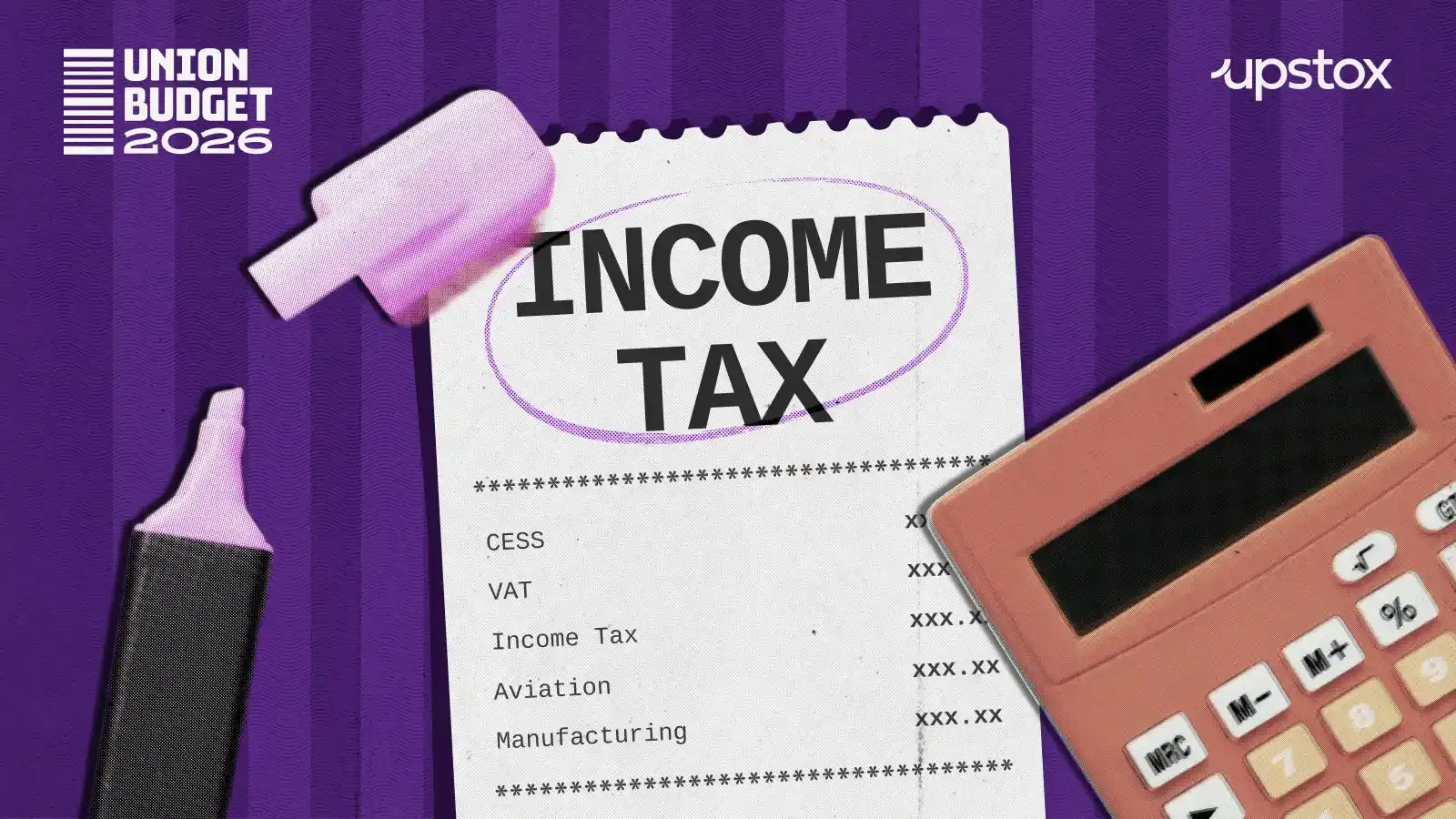Personal Finance News
Revised mutual fund, demat account nomination rules to be effective from March 1, 2025; changes explained

5 min read | Updated on January 13, 2025, 09:41 IST
SUMMARY
SEBI says that an investor can declare up to 10 persons as nominees in the demat account or mutual fund folio. However, the investor will need to declare the nominee. It cannot be done by the Power of Attorney (PoA) holder(s) of the investor.

The revised rules of nomination will come into effect from March 1, 2025. Representational image
The Securities and Exchange Board of India (SEBI) recently issued a circular with detailed guidelines to revise and revamp the nomination process for mutual fund (MF) folios and demat accounts.
“Upon implementation of this circular, existing investors shall be given an opportunity to revise their choice of nomination,” the markets regulator said in the circular dated January 10, 2025.
What documents and nominee details do investors need to provide?
Investors must provide the following details for their nominees:
- Any one of the three personal identifiers of the nominee: PAN or driving licence number or last 4 digits of Aadhaar. The investor has to submit only the document number of these identifiers, not the document.
- Full contact details of nominee(s) including residential address, e-mail address, telephone/mobile number
- Relationship of nominee(s) with the investor
- Date of birth of nominee(s) (if nominee is a minor)
How many nominees an investor can declare?
An investor can declare up to 10 persons as nominees in the demat account or MF folio. The investor will need to declare the nominee. It cannot be done by the Power of Attorney (PoA) holder(s) of the investor.
What can nominees do after the joint account or folio held by a deceased investor is transferred to them?
The nominees can either continue as joint holders with other nominees or open separate single accounts/folios for their respective portions.
What are the documents required for the transfer of assets to nominees after the death of the investor?
The following documents and details will be required for the transfer of assets to the registered nominees.
- Self-attested copy of the death certificate of the deceased investor
- Due completion, updating, or reaffirming of the KYC of the nominee(s)
- Due discharge from the creditors
As per the revised rules, regulated entities are not required to seek any other documentation including affidavits, indemnities, undertakings, attestations, or notarizations from the nominee(s).
After the transmission, any claim or contestation shall be only amongst the nominee(s) and the claimants without reference to regulated entities.
Transfer assets to legal heirs/representation from nominees
Regulated entities will facilitate the transfer of assets from the nominee(s) to legal heir(s) of an investor, as and when approached by either party. For this, however, the regulated will need to obtain a suitable declaration from the nominee(s) while effecting the transmission.
Will a survivor of a joint account need to redo KYC?
In the case of joint holdings, SEBI says the regulated entity will not seek any documentation, including related to KYC, indemnities, or undertakings from the surviving joint holder.
However, the surviving joint holder will have to submit a copy of the death certificate of the deceased.
What will happen to unclaimed assets when there are multiple nominees?
If some nominees claim a portion of an account or folio while another portion remains unclaimed, the unclaimed portion will stay in the existing account/folio. Any further transactions in such accounts/folios, apart from the transmission to the remaining nominees, will not be allowed.
Additionally, such accounts will be flagged for additional due diligence. The Asset Management Companies (AMCs) and Depository Participants (DPs) will submit periodical reports of such accounts to the concerned depositories.
How to opt out of nomination?
Regulated entities will provide the following online mechanism for existing and new investors, who want to opt-out of nomination:
a) The online facility will have a mechanism for the investor to affirm their choice if they want to opt out of nomination. After choosing this option, the investor will get an OTP.
b) Upon submitting the OTP, the investor shall have two choices
- Either furnish the unique acknowledgment number of having submitted the declaration form to opt-out in physical mode with signature at any of the offices of the concerned regulated entity, or
- Capture their opting-out through video recording by the regulated entity.
What are the revamped rules for nomination for incapacitated investors?
Incapacitated investors, with the ability to contract, will have the option to
- Empower any one of the nominees (excluding minor nominees) to operate their accounts/ folios.
- Indicate the percentage or absolute value of assets in their accounts/folios that nominees can encash.
- Change such mandate any number of times without any restriction.
The above will not apply to investors on a ventilator, coma, or unconscious. As per SEBI, an officer of the regulated entity will visit the incapacitated investor in person. This officer will ascertain that the investor can contract.
Further, depending on the nature and degree of incapacitation, this officer will obtain a thumb or toe impression or ‘a mark’ on the written request for transacting in the account/folio of the incapacitated investor, in the presence of an independent witness.
By signing up you agree to Upstox’s Terms & Conditions
About The Author
Next Story


